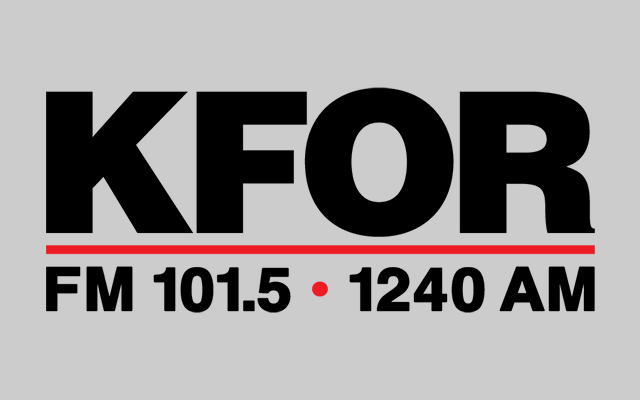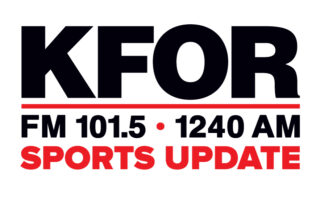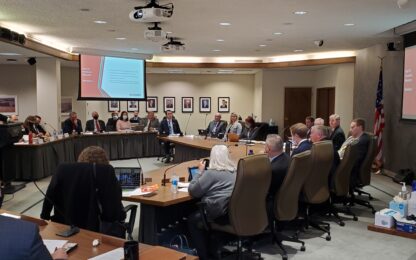Budget Plan For NU Calls For Cuts While Addressing Fiscal Challenges

LINCOLN–(June 19)–University of Nebraska President Ted Carter has put together a three-year plan to address fiscal challenges brought on by the COVID-19 pandemic.
Although the budget calls for a significant budget cut of $43 million over the next three years, the university is looking towards long term investments such as faculty salaries, student success, diversity and inclusion, and facility maintenance.
According to a news release from the university, the proposed budget plan will be voted on in the June 26 meeting by the Board of Regents features the following:
• A two-year, across-the-board tuition freeze in the 2021-2022 and 2022-23 academic years. The state’s support helped keep tuition increases minimal in the current two-year budget cycle, including a 2.75 increase for 2020-21 that was approved by the Board last year.
With the increase, most Nebraska undergraduates will pay $6 to $7 more per credit hour. Carter thanked Gov. Pete Ricketts and members of the Legislature for their partnership in keeping education affordable for NU’s 51,000 students.
• Creation of the Nebraska Promise financial aid program, which will cover full tuition costs for Nebraska students with family incomes of $60,000 or less. The program is expected to cover 1,000 additional low- and middle-income students, creating opportunities for Nebraska’s young people and helping build a pipeline of talented future workers for the state.
• No increase in the salary pool for non-unionized faculty and staff for 2020-21. Carter noted, however, that freezing salaries will not be a sustainable strategy for recruiting and retaining talent. The budget plan includes salary increases in each of the following two years.
• $43 million in permanent state-aided spending cuts across the system, the result of lost revenue and increased expenses brought on by COVID-19. The revenue declines include a projected decline in tuition revenue from nonresident and international students.
NU’s cuts will be spread over three years to help mitigate the pain: 0.2 percent in 2020-21, 1.6 percent in 2021-22 and 2.6 percent in 2022-23. NU’s Central Administration office will take a 10 percent cut to its budget; each chancellor will lead a campus-specific budget reduction process going forward.
Cost-saving steps already taken across the university system include a hiring freeze, reduction in travel and reduced spending in the final quarter of the current fiscal year. The university has also offered office/service and managerial/professional employees the option to temporarily reduce their work hours and salary.
• A planned 2 percent annual increase in state support in the next biennium. The modest increase reflects the university’s commitment to being a good partner to the Governor, Appropriations Committee Chairman John Stinner and the Legislature as they work through fiscal challenges at the state level.
• $20 million in the next biennium to advance strategic priorities of the president and chancellors, like student access and success including greater support for underrepresented students, faculty compensation and deferred maintenance. These will be among the priorities lifted up in Carter’s five-year strategic plan, to be unveiled at the Aug. 14 Board meeting in conjunction with his formal installation as NU’s eighth president.






